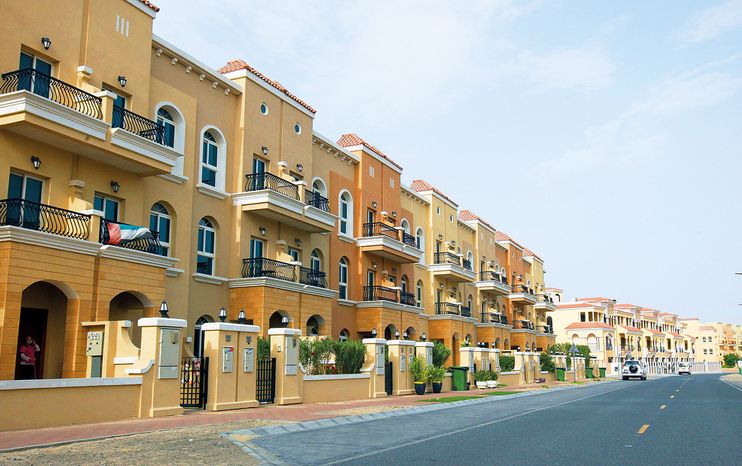
The United Nations estimates that international migrants represent 88% of the total United Arab Emirates population, some of whom are Brits residing in Dubai. If this includes you, you may want to keep a property in the UK with the purpose of generating rental income or as a bolthole should you wish to return from Dubai.
Despite the economic uncertainty caused by Brexit, the average UK house price climbed in recent years. Although you may approach purchasing a property with caution, property ownership still has the potential for a good return on your investment.
If you are considering purchasing a property in the UK and require finance to help you do so, you will need to apply for an expat mortgage. Regular mortgage applications can sometimes be a difficult process, and this only gets more complicated when you’re applying from overseas.
Many high street lenders avoid offering mortgages to expats, especially those paid in a foreign currency because of regulation introduced in 2016’s Mortgage Credit Directive (MCD). Simply put, fluctuating exchange rates can create red flags for many mortgage lenders when assessing a GBP loan for a UK property secured against an applicants’ foreign currency income.
When applying for a mortgage as an expat, you should, therefore, consider approaching a specialist lender. After a case-by-case review, specialist lenders are usually able to offer two different types of expat mortgages. The first is a residential expat mortgage, ideal for those looking to eventually make their UK property their primary residence or those who have family remaining in the home. If you are wanting to generate an income from the property by renting it out whilst working abroad, you will need to apply for a buy to let expat mortgage.
For both mortgages, lenders are likely to require a larger deposit than standard residential deals and borrowers will need to undergo a deeper level of inspection to prove affordability and secure their mortgage. There are four elements you should check before applying for an expat mortgage:
- Credit rating: make sure you keep your address details on your bank accounts up to date – this will help verify your identity and assist lenders conducting research to determine whether your mortgage repayments will be met.
- Deposit currency: a fluctuating exchange rate can lead to your lender having difficulties in determining the size of your income. They, therefore, will ask you to evidence the source of your foreign currency deposit e.g. bank statements showing the accumulation of savings over time.
- Repayment currency: the exchange rate may also make your salary look inconsistent, indicating a riskier investment to the loan provider. Specialist lenders review each application individually, rather than using a computer system to filter out peculiar cases, so some will have an ‘approved currency’ list to help them assess your situation. In the case of buy to let expat mortgages, the rental payments you plan to charge are assessed to check whether these can cover the loan and prove repayments can be met.
Seek independent financial advice
When applying for an expat mortgage, you will find that compared to a residential mortgage the application can be more complex, the criteria can be stricter and the products can be more expensive. It is, therefore, wise to seek advice from an independent third-party or compare specialist lenders. The individual assessments conducted by building societies take into account your personal circumstances and therefore grant you a greater chance of success when applying for a mortgage as an expat.



